Ford was once one of the biggest investors in then-upstart EV automaker Rivian, with the expectations that it would use the latter’s platform for at least one of its future models. Ford later pivoted and opted to build its own EV platforms (along with using Volkswagen’s MEB for two European EVs), and just unveiled its new universal architecture that will first be used to build a mid-size EV pickup using a new kind of assembly process. Meanwhile, Rivian just broke ground on what will be its second plant.
That plant is located outside Social Circle, Georgia, and once it’s complete, will build Rivian’s next generation vehicles, including the R2 SUV and R3 crossover. The new plant is expected to create 7,500 jobs by 2030, along with 2,000 construction jobs and nearly 8,000 indirect jobs. The first phase of construction is expected to begin in 2026, with vehicle production anticipated to follow in 2028. Once the second phase of construction is complete, the facility is expected to have an annual production capacity of up to 400,000 vehicles. The 2,000 acre site will utilize modern construction techniques and advanced environmental management.
“We are cementing Rivian’s future at our Georgia plant, helping ensure America maintains its technology leadership and excellence in automobile manufacturing,” said Rivian Founder and CEO RJ Scaringe. “Our Georgia facility will support our global expansion and provide the scale necessary to get millions of future drivers in our incredible all-electric vehicles, both in the United States and overseas.”
“Today is another milestone in bringing quality, good-paying jobs to Georgians in this part of the state,” said Governor Brian Kemp. “With today’s groundbreaking, this innovative company is further delivering on its commitment to the people of Georgia, and the thousands of hardworking Americans who will work at this facility will see generational benefits for their families.”


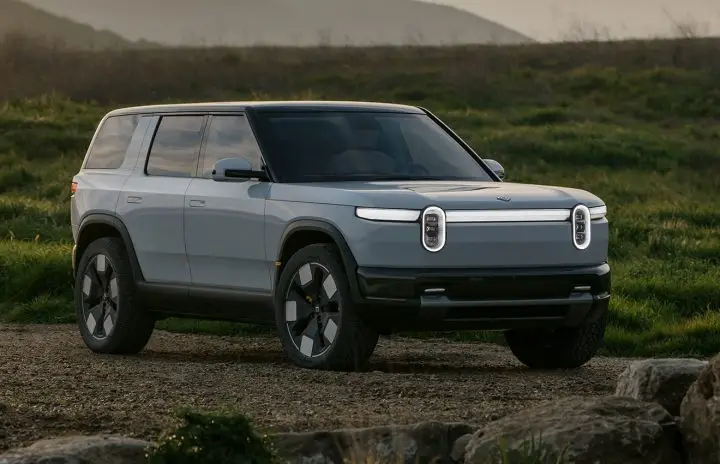
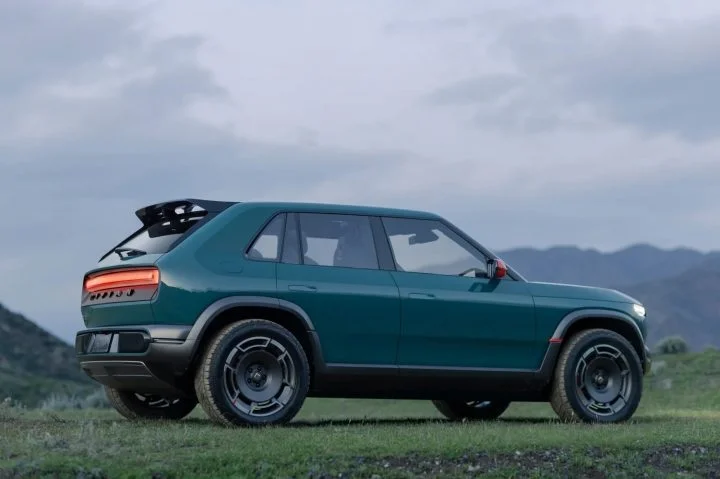




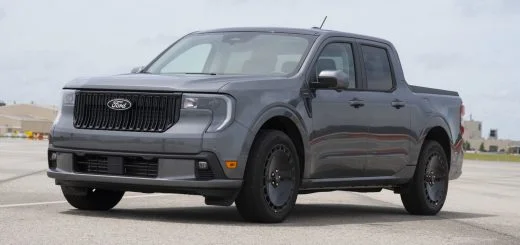
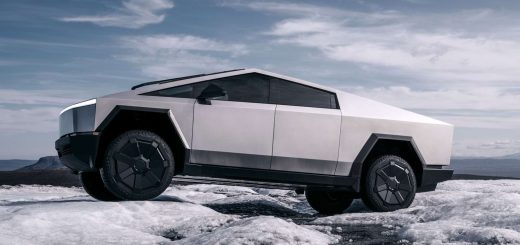

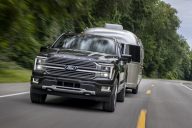
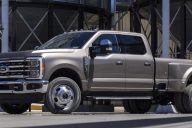


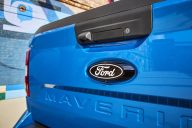
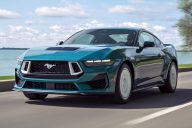
Comments
Complete and total arrogant stupidity. Hope they get what they deserve.
What they deserve for what? If the price of batteries comes down and EVs can be competitively priced without tax credit incentives (which I’m against) then you don’t think customers should have a choice? You can’t see an elderly person who just runs small errands around town benefiting from just plugging in at home and not having to pump their own gas? Or short distance work commuters looking for a second vehicle?
I don’t think Rivian can survive as an independent automaker, and neither will Fisker or Lucid.